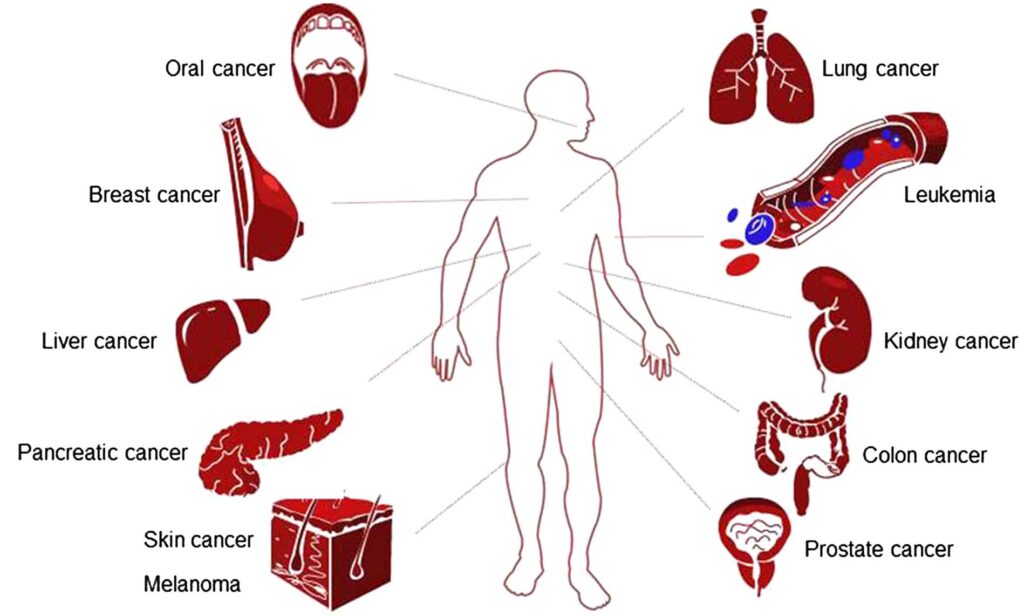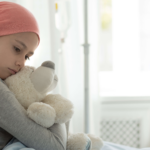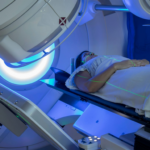
Introduction
The battle against cancer is one of the most significant challenges in the field of medicine. While significant progress has been made in understanding and treating various forms of cancer, the question of which cancer is the hardest to cure remains a complex and debated topic. Cancer is a diverse group of diseases, each with its unique characteristics, making it challenging to determine a definitive answer. In this article, we’ll explore some of the factors that contribute to the perceived difficulty of curing certain types of cancer.
Understanding the Complexity of Cancer
Cancer is not a single disease but a group of diseases characterized by the uncontrolled growth and spread of abnormal cells. Each type of cancer originates from different tissues, involves distinct genetic mutations, and may respond differently to treatments. The inherent complexity of cancer is a fundamental reason why identifying the hardest cancer to cure is not straightforward.
Key Factors Influencing the Difficulty of a Cure
- Stage at Diagnosis:
- The stage at which cancer is diagnosed is a critical factor in determining its curability. Cancers caught in the early stages are often more treatable, while those diagnosed at an advanced stage, when they have already spread, can be much harder to cure.
- Tumor Location:
- The location of the tumor within the body can significantly affect the difficulty of treatment. Some tumors are difficult to access surgically, while others may be located near vital organs, making treatment challenging.
- Genetic Mutations:
- The genetic makeup of cancer cells can vary widely, even within the same type of cancer. Some genetic mutations can make a cancer more aggressive and resistant to treatment.
- Available Treatment Options:
- The availability of effective treatment options is a crucial factor. Some cancers have well-established and effective treatments, while others may lack targeted therapies or have limited options.
- Patient Factors:
- The overall health of the patient, their age, and their ability to tolerate treatment are also important factors. Patients with underlying health issues may face additional challenges in their cancer treatment journey.
Types of Cancer Often Considered Difficult to Cure
While it’s challenging to pinpoint one specific type of cancer as the hardest to cure, several cancers are often considered difficult due to particular characteristics:
- Pancreatic Cancer:
- Pancreatic cancer is known for its aggressive nature, late-stage diagnosis, and limited treatment options. It’s often detected when it’s already advanced, making it challenging to treat effectively.
- Brain Tumors:
- Brain tumors, especially glioblastoma, are difficult to cure due to their location in the brain and the intricate structures involved. Surgical removal is often limited, and the brain’s delicate nature adds to the complexity of treatment.
- Ovarian Cancer:
- Ovarian cancer is challenging to cure due to its vague symptoms and tendency to spread before diagnosis, often in later stages, which makes treatment more complex.
- Lung Cancer:
- Lung cancer is another challenging type due to its late-stage diagnosis and its strong association with smoking. However, advances in targeted therapies have improved outcomes for some patients.
- Sarcomas:
- Sarcomas are a group of rare cancers that develop in soft tissues or bones. Due to their rarity and diverse subtypes, treatment can be complex.
Promising Advances in Cancer Treatment
Despite the challenges, it’s essential to recognize that significant progress has been made in cancer research and treatment. Advances in precision medicine, immunotherapy, and targeted therapies have transformed the landscape of cancer treatment. Many once “hard-to-cure” cancers are now seeing improved outcomes and increased survival rates.
The Importance of Early Detection
Early detection remains a crucial factor in improving cancer outcomes. Regular screenings and increased awareness can help catch cancer at an earlier, more treatable stage. In some cases, early diagnosis can make a significant difference in the curability of the disease.
Cancer Care Pune
Dr. Shinde’s commitment to advancing cancer care is reflected in his association with Cancer Care Pune, a platform that likely serves as a hub for information, resources, and services related to cancer treatment. The website, https://www.cancercarepune.com/, is a valuable resource for individuals seeking information about cancer, its treatment options, and the services offered by Dr. Shinde and his team.
Key aspects and services that may be highlighted on the website could include:
- Expertise and Specialization: Information about Dr. Shinde’s professional background, qualifications, and specialization in specific areas of oncology.
- Treatment Approaches: Details about the comprehensive and personalized treatment approaches used by Dr. Shinde to address the unique needs of each patient.
- Advanced Technologies: Any mention of state-of-the-art technologies or advanced treatment modalities employed in cancer care.
- Patient Testimonials: Testimonials from patients who have received care from Dr. Shinde, providing insights into the quality of care and positive outcomes.
- Educational Resources: Articles, blogs, or educational materials that aim to empower patients with knowledge about cancer, its treatment, and the importance of early detection.
- Supportive Care: Information about supportive care services, including nutritional guidance, counseling, and other supportive measures to enhance the overall well-being of patients undergoing cancer treatment.
- Research and Innovations: Any involvement or contributions by Dr. Shinde in cancer research, clinical trials, or innovative approaches to cancer treatment.
Patients and their families can benefit greatly from accessing such information, as it helps them make informed decisions about their treatment journey. Additionally, a user-friendly website with clear navigation can contribute to a positive experience for those seeking information and support.
If you or someone you know is dealing with cancer or seeking expert guidance, visiting the Cancer Care Pune website and reaching out to Dr. Jagdish Shinde could be a crucial step towards gaining valuable insights and personalized care in the fight against cancer.
Conclusion
The question of which cancer is the hardest to cure is a complex one, and the answer is multifaceted. Cancer is a diverse group of diseases, each presenting unique challenges. However, it’s important to note that cancer research and treatment continue to evolve, offering hope to patients and their families. While obstacles persist, the future holds promise for more effective treatments and, ultimately, a world where cancer is no longer a life-threatening diagnosis.




